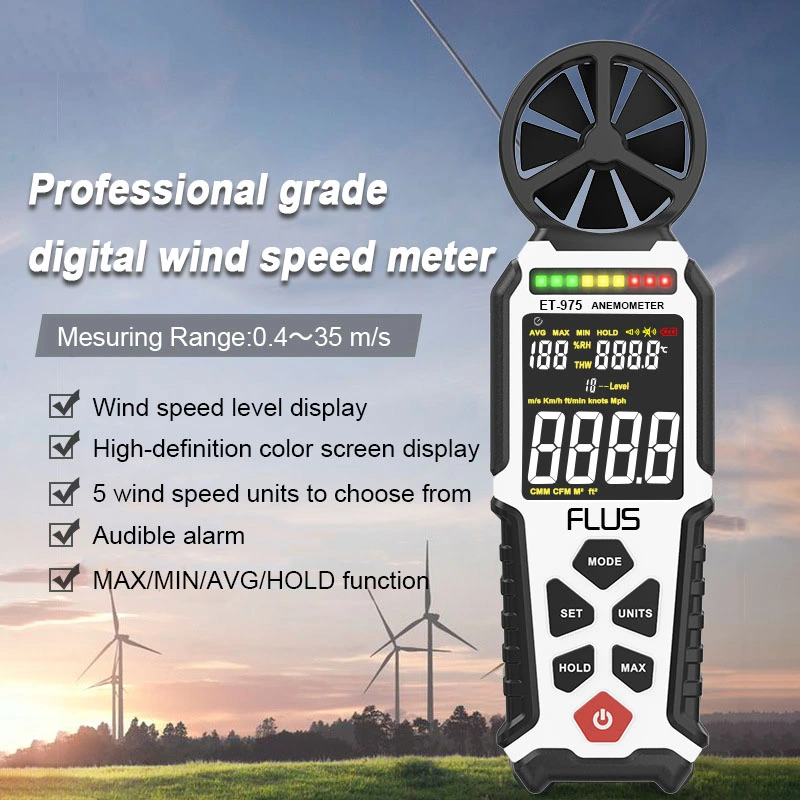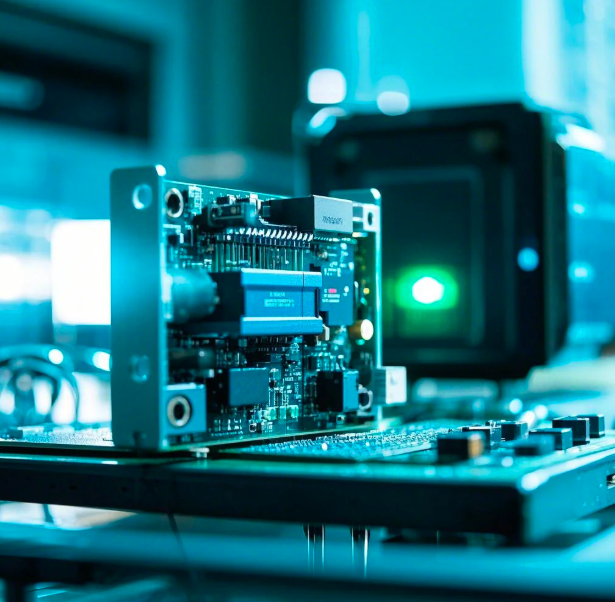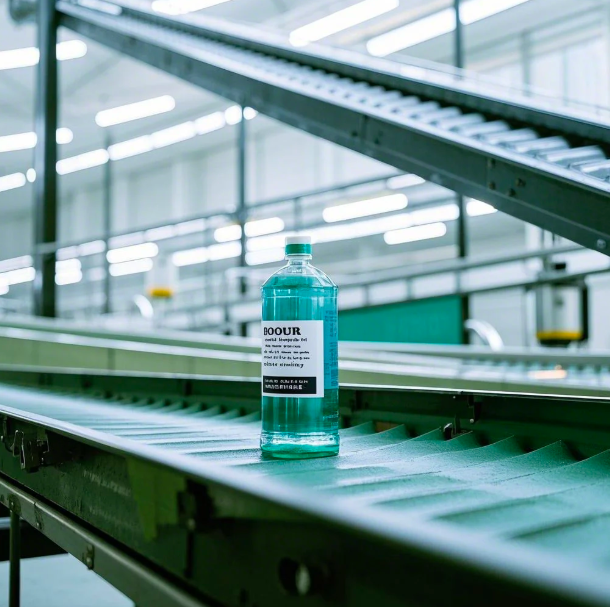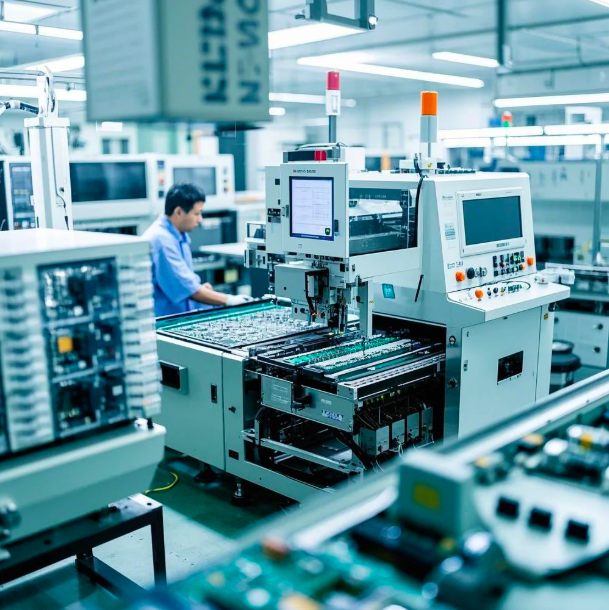目录
Precision plastic machining has become an essential aspect of manufacturing in both the medical and aerospace industries. The ability to create complex, high-precision components from various plastic materials offers numerous advantages, including weight reduction, corrosion resistance, and cost-effectiveness. This article explores the specific applications of precision plastic machining in these critical industries, highlighting the unique requirements and benefits.
Applications of Precision Plastic Machining in Medical and Aerospace Industries
Medical Industry Applications
The medical industry demands high precision and reliability in the components used for various devices and equipment. precision plastic machining meets these requirements by providing components that are biocompatible, durable, and capable of being sterilized. Here are some key applications:
1. Surgical Instruments:
– Precision-machined plastic parts are used in a wide range of surgical instruments. Plastics such as PEEK (Polyether Ether Ketone) and PTFE (Polytetrafluoroethylene) are preferred for their strength, flexibility, and resistance to sterilization processes.
– Example: PEEK surgical instrument handles are lightweight, easy to sterilize, and offer excellent durability.
2. Implantable Devices:
– Machined plastics are essential in the production of implantable medical devices due to their biocompatibility and non-reactivity with body tissues.
– Example: Polyethylene is commonly used for joint replacement components due to its high wear resistance and low friction properties.
3. Diagnostic Equipment:
– Plastic components are integral to diagnostic equipment, where precision and reliability are paramount.
– Example: MRI and CT scan machines often utilize machined plastic parts for housings and internal components to avoid interference with imaging processes.
4. Dental Devices:
– precision plastic machining is used to manufacture dental devices such as aligners, retainers, and various dental tools.
– Example: Polycarbonate aligners are custom-machined to fit individual patients, providing a clear and effective orthodontic solution.
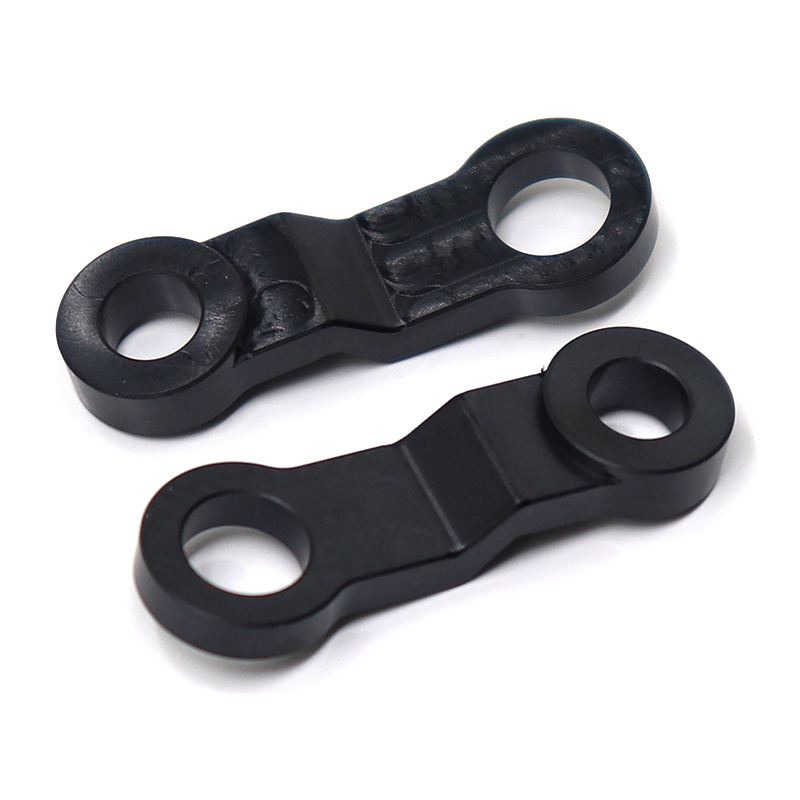
Aerospace Industry Applications
In the aerospace industry, weight reduction, high strength, and resistance to extreme environmental conditions are critical factors. precision plastic machining addresses these needs by delivering components that meet stringent aerospace standards. Key applications include:
1. Aircraft Interiors:
– Machined plastic parts are widely used in aircraft interiors to reduce weight and enhance passenger safety.
– Example: Polycarbonate and ABS (Acrylonitrile Butadiene Styrene) are used for seat components, overhead bins, and interior panels due to their lightweight and flame-retardant properties.
2. Insulation Components:
– High-performance plastics such as PTFE and PEEK are used for insulation components in aircraft to ensure electrical safety and reliability.
– Example: PTFE insulation for wiring and connectors provides excellent thermal stability and electrical insulation.
3. Engine Components:
– Certain plastic materials can withstand high temperatures and mechanical stress, making them suitable for engine components.
– Example: PEEK components in fuel systems and engine housings offer high thermal resistance and mechanical strength.
4. Unmanned Aerial Vehicles (UAVs):
– Precision-machined plastics are crucial in the manufacturing of UAVs, where weight and durability are critical for performance.
– Example: Nylon and carbon-fiber-reinforced plastics are used in UAV frames and components to provide a strong yet lightweight structure.
Benefits of precision plastic machining
Precision plastic machining offers several benefits across the medical and aerospace industries:
1. Weight Reduction:
– Plastic components are significantly lighter than their metal counterparts, contributing to overall weight reduction in both medical devices and aerospace applications.
2. Corrosion Resistance:
– Plastics are inherently resistant to corrosion, which is vital for components exposed to harsh environments, such as bodily fluids or aviation fuel.
3. Cost-Effectiveness:
– Machined plastic parts often involve lower material and production costs compared to metals, making them an economical choice for many applications.
4. Versatility:
– The ability to machine plastics into complex shapes and intricate designs allows for versatile applications across various industries.
5. Biocompatibility:
– Many medical-grade plastics are biocompatible, making them suitable for use in implants and other medical devices.
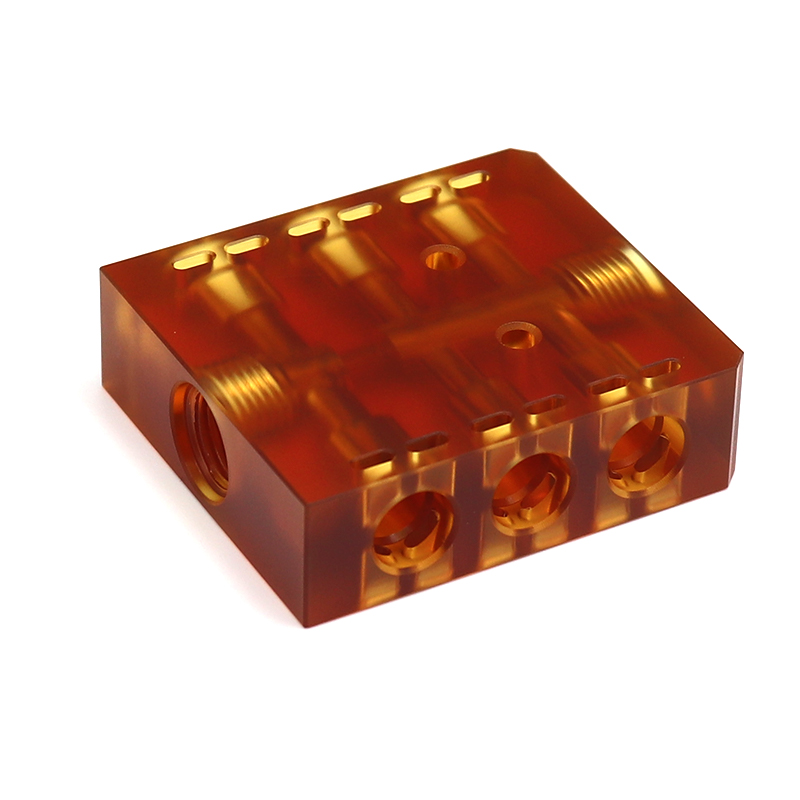
Challenges in precision plastic machining
While precision plastic machining offers numerous advantages, it also presents some challenges:
1. Material Properties:
– Plastics have different machining properties compared to metals, requiring specialized tools and techniques to achieve desired results.
2. Thermal Expansion:
– Plastics can expand significantly under heat, necessitating careful control of machining parameters to avoid dimensional inaccuracies.
3. Surface Finish:
– Achieving a high-quality surface finish can be more challenging with plastics due to their softer nature compared to metals.
FAQ
Q: What types of plastics are commonly used in medical and aerospace precision machining?
A: Common plastics include PEEK, PTFE, Polycarbonate, Polyethylene, ABS, and Nylon. Each material offers specific properties suited to various applications within these industries.
Q: How does precision plastic machining improve the performance of medical devices?
A: precision plastic machining ensures high accuracy, biocompatibility, and durability in medical devices, enhancing their performance and reliability.
Q: What are the primary benefits of using plastics in aerospace applications?
A: Plastics offer significant weight reduction, corrosion resistance, and high strength-to-weight ratios, making them ideal for aerospace components.
Q: How can thermal expansion be managed during plastic machining?
A: Managing thermal expansion involves optimizing cutting parameters, using appropriate coolants, and ensuring gradual material removal to minimize heat buildup.
In conclusion, precision plastic machining is integral to the medical and aerospace industries, offering numerous advantages that enhance the performance and reliability of critical components. By understanding the applications, benefits, and challenges, manufacturers can effectively utilize precision plastic machining to meet stringent industry standards and achieve high-quality results.
0